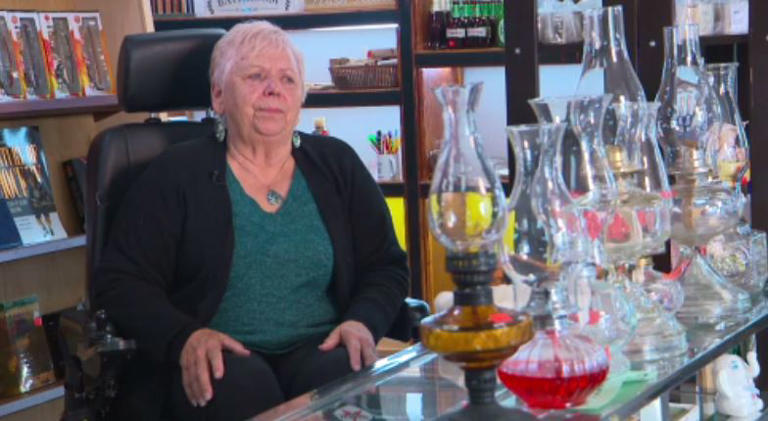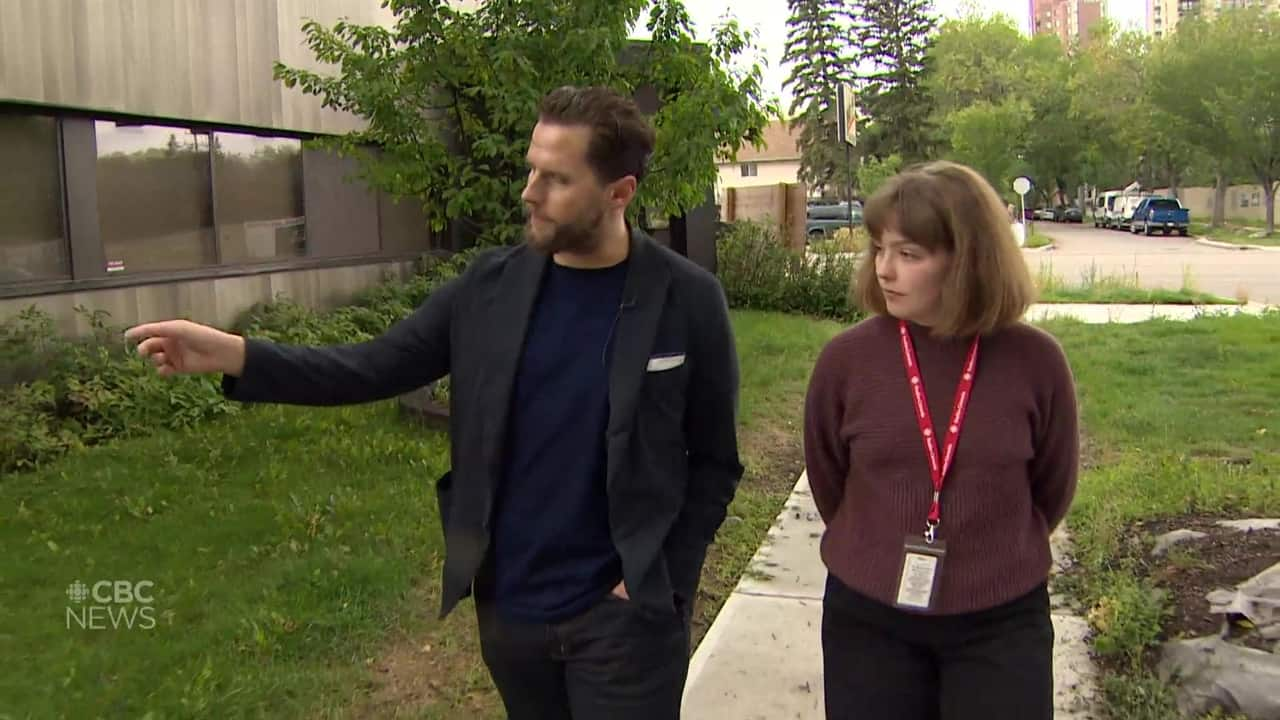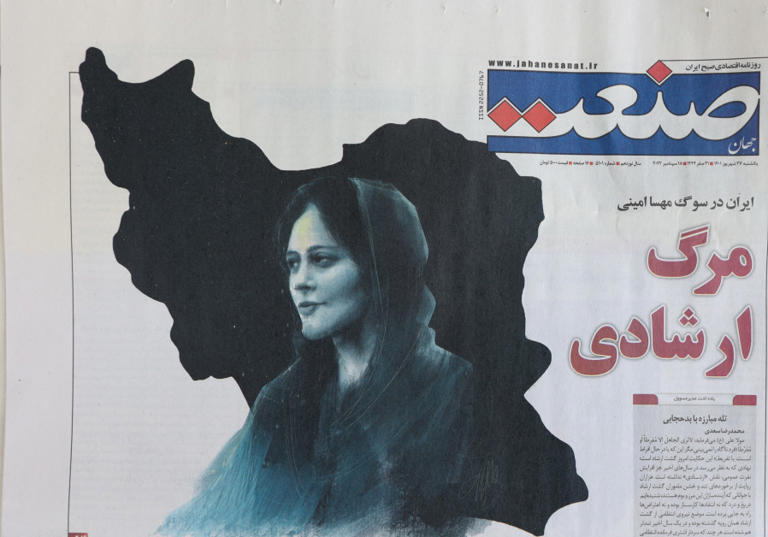Story by Sarah Komadina •4h
© Global News

My Grandma's Attic on Edmonton's Fort Road, shuts down after 13 years of business.
Thirteen years ago, Nancy Chekowski opened up My Grandma's Attic on Fort Road in Edmonton. Chekowski was sold on a plan to turn the area into a mini Whyte Avenue, but that hasn't happened.
"This could have been beautiful, it's not," she said.
"Nobody wants to come here, because let's face it, it's a dump."
Love isn't enough. Chekowski said she has faced several issues including theft and vandalism. One time she even chase a thief after he left her store.
"It was a stainless steel ring, it wasn't a million-dollar ring or anything, but the fact that he thought because I was in a wheelchair and I was an old woman that I would let him get away with it, well, it took me 30 seconds to chase him down the street and he handed me back my ring."
On top of everything, ongoing road construction in Fort Road has also meant less customers.

cbc.caThings have been stagnant on this Edmonton corner for years: What went wrong?
2:06
"People would phone and I would try to tell them how to get here, but they never showed up because they couldn't figure it out."
When the landlord said she was selling the building and would include a condition to continue the lease, Chekowski decided she invested enough time in this area and it's time to close.
"She was selling and I was like maybe it's a sign, it was getting really hard," Chekowski said.
"I've lost money every year, I never made a penny but I loved it."
The city said in an email to Global News there are several initiatives to improve the area and specifically along the Fort Road corridor. The Balwin and Belvedere communities were approved for the neighbourhood revitalization program in June 2018.
The city worked with those communities to identify components for the revitalization strategy. Community members shared their priorities for roadways and parks. The city is putting these priorities into action through capital project funding.
As part of the program, five parks and three roadways have been prioritized for revitalization. Other significant projects in the area include Station Pointe and the Fort Road Widening.
Chekowski stressed she hasn't seen any benefits. My Grandma's Attic will officially close its doors on Monday, Sept. 11.
"It's going to be hard. Pretty much I put my life into this."








 Reuters VIDEO
Reuters VIDEO